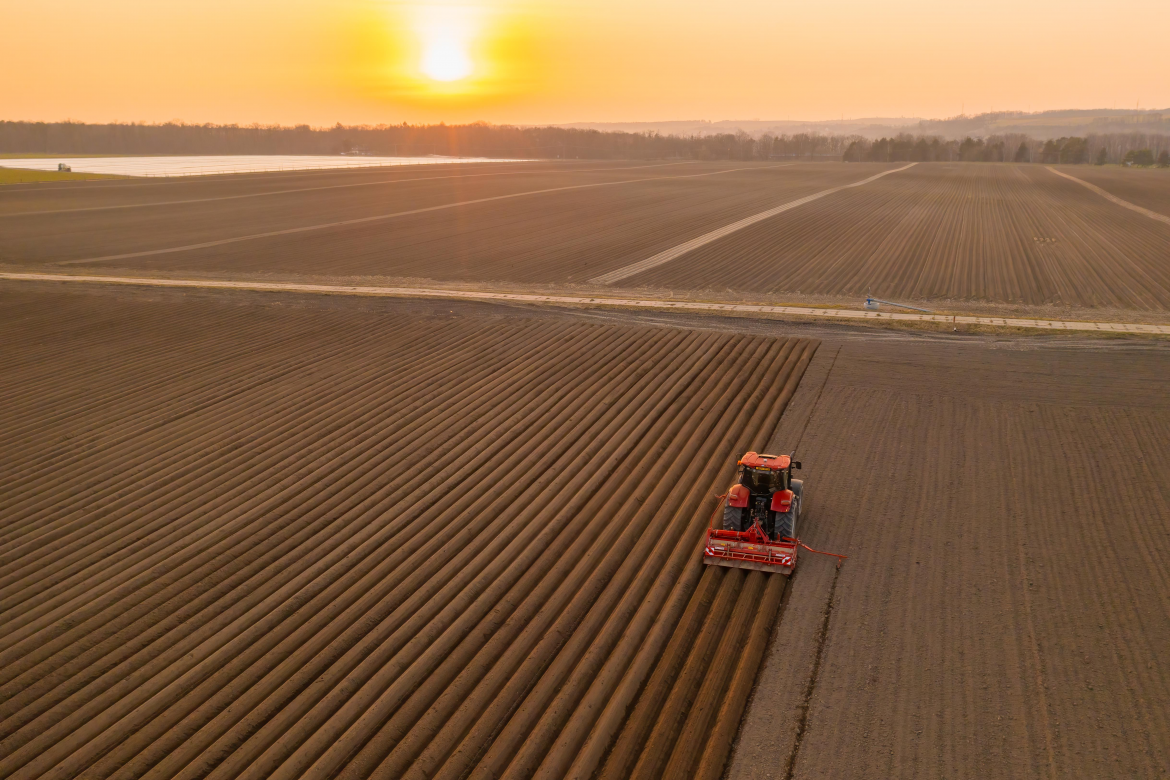CHCNAV Agriculture is dedicated to advancing the agricultural sector through innovative precision farming technology. Our commitment to improving agricultural efficiency and sustainability drives us to integrate cutting-edge solutions into traditional farming practices. As we explore the nuances of precision farming and its importance in modern agriculture, we invite you to understand how these technologies are reshaping the future of farming.
Understanding Precision Farming Technology
Precision farming technology refers to the integration of advanced tools and techniques that allow farmers to optimize their operations by utilizing data-driven insights. Unlike conventional farming methods, which often rely on broad-scale applications of inputs such as water, fertilizers, and pesticides, precision farming focuses on site-specific management. This means that farmers can tailor their practices according to the unique conditions of each field section.
Key components of precision farming technology include GPS-guided equipment, drones, and IoT sensors. These tools facilitate accurate measurement and monitoring of various agricultural parameters, including soil moisture, nutrient levels, and crop health. By leveraging this data, farmers can make informed decisions, reducing waste and enhancing productivity.
The Importance of Precision Farming
The significance of precision farming technology cannot be overstated. In a world facing increasing population pressures and environmental challenges, optimizing agricultural output is critical. Precision farming offers several advantages that contribute to sustainable agricultural practices:
Resource Efficiency: By accurately applying resources based on real-time data, precision farming helps reduce input costs. This efficiency not only benefits individual farmers but also promotes environmental stewardship by minimizing excess runoff and pollution.
Yield Improvement: With the ability to monitor crop performance closely, farmers can detect issues early—such as pest infestations or nutrient deficiencies. This proactive approach leads to timely interventions and ultimately enhances crop yields.
Sustainability: Precision farming technology supports sustainable agriculture by ensuring that practices align with environmental conservation goals. By using less water and fewer chemicals, farmers can maintain productivity while protecting natural ecosystems.
Distinguishing Precision Farming from Traditional Methods
While traditional farming methods often depend on generalized practices for the entire field, precision farming technology emphasizes precision at a granular level. For instance, traditional farming might apply a uniform amount of fertilizer across an entire field, regardless of varying soil needs. In contrast, precision farming allows for variable rate application, ensuring that each part of the field receives the appropriate amount of nutrients.
In summary, the fundamental difference lies in the use of technology and data analytics, which empower farmers to make more precise and informed decisions, ultimately leading to better resource management and enhanced productivity.
Conclusion
As we move towards a more interconnected and data-centric agricultural landscape, the role of precision farming technology becomes increasingly pivotal. At CHCNAV Agriculture, our focus remains on providing farmers with the tools they need to thrive in this new era of agriculture. We encourage all agricultural stakeholders to embrace precision farming technology as it presents an opportunity not just for individual success, but for a more sustainable agricultural future. Join us as we transform farming through innovation and collaboration.
